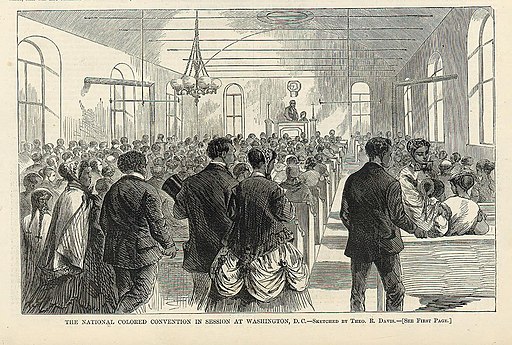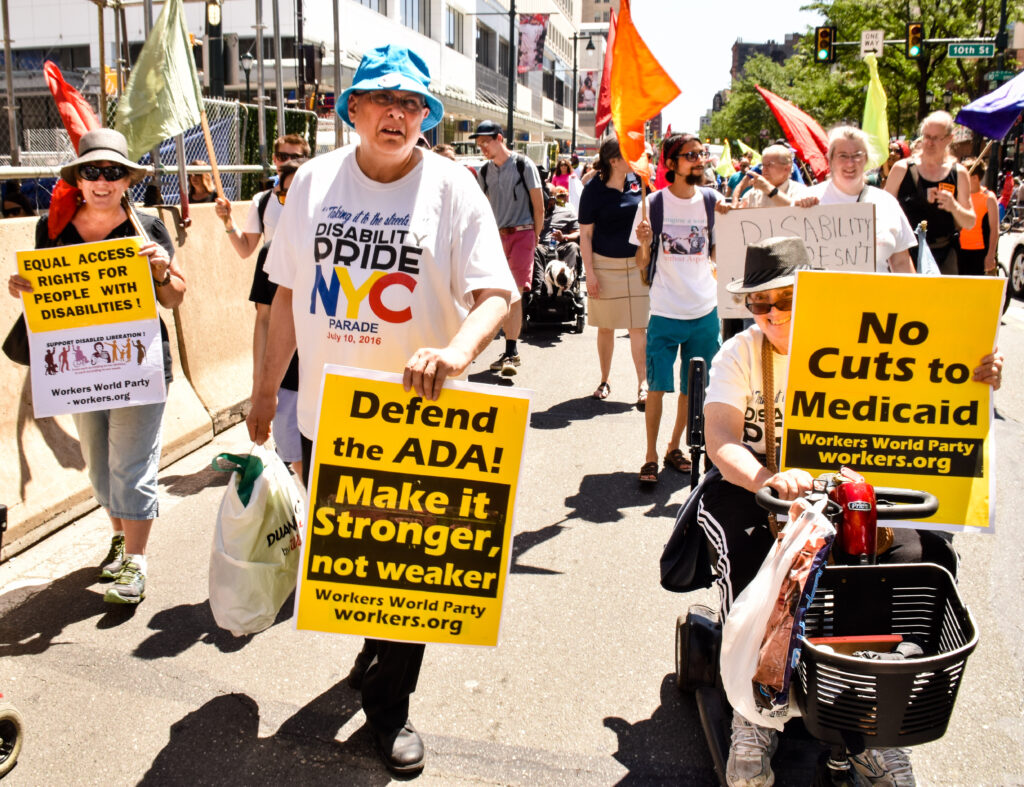
Not long ago, labor scholars and activists fastened on Walmart’s labor practices as providing the most influential template for the “low road” approach toward employment generally. Since then, Amazon has in many ways surpassed Walmart, overtaking it in many retail markets, and bringing into play a whole new set of labor practices, many of which are equipped with powerful digital surveillance tools. This raises the question: What, precisely, do we know about the labor control mechanisms that workers encounter in Amazon’s warehouses? Despite journalistic forays and scattered but growing academic research, we have only a faint and tenuous outline of the company’s managerial regime, and of the workers’ responses to it.[1]
Continue Reading…








